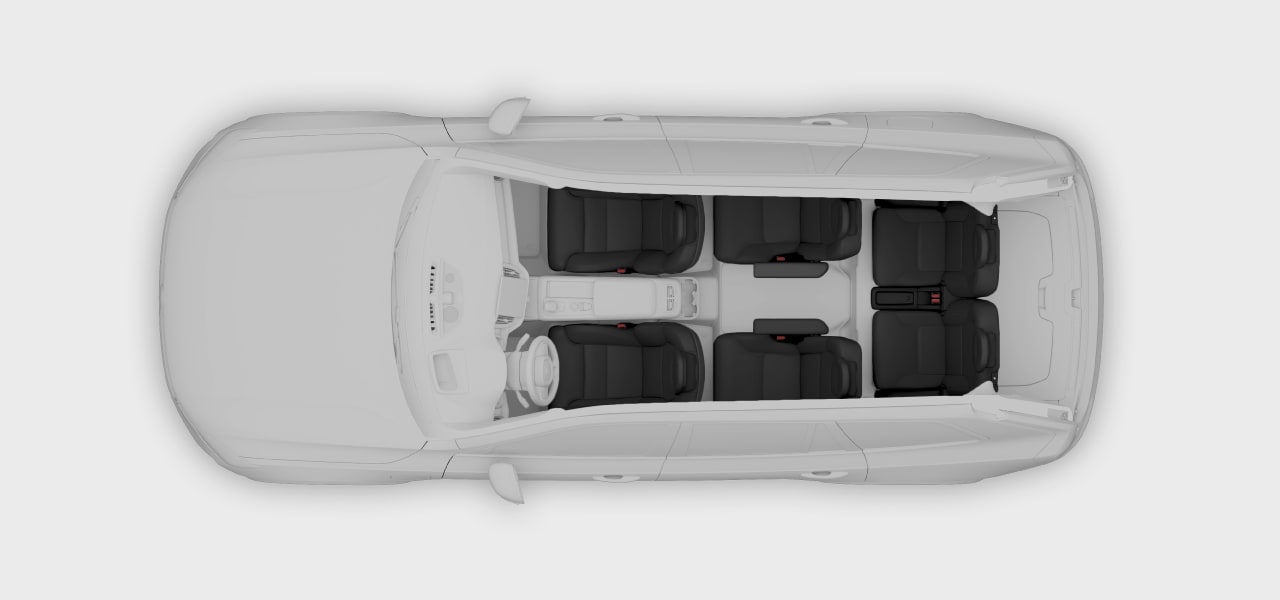
2
3
3
2
1
1
3
- 1Lower tether attachment points on the floor rails of the front seats
- 2ISOFIX1 attachment points between the backrests and seat cushions of the second-row seats
- 3Top tether attachment points on the backs of the rear seats
Your vehicle's various attachment points can be used in combination with each other or together with other fastening methods to secure different types of child restraints.
ISOFIX, also known as LATCH or LUAS, is an international standard for child restraint attachment points that can be used in combination with the top tether attachment points or a support leg.
Some child restraints are secured using a vehicle seat belt, usually in combination with other fastening methods.
Note
Manufacturer's instructions
When using attachment points, always follow the instructions from the manufacturer of the child restraint.